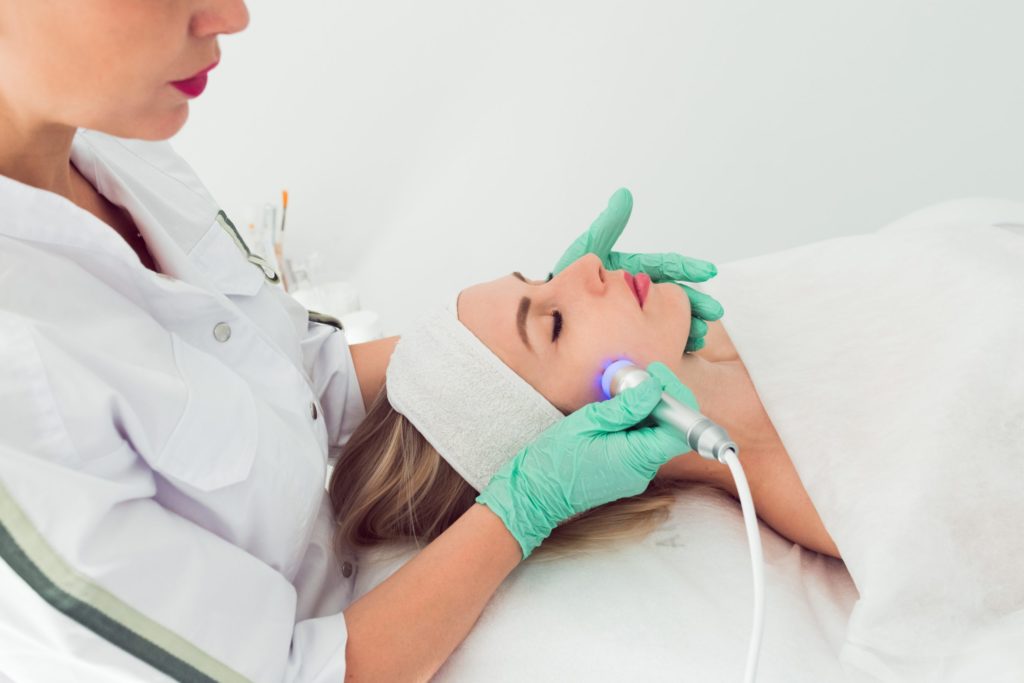Psoriasis is a skin condition that is estimated to affect about 2% of the world’s population. While it can affect anyone of any age, it is most commonly diagnosed in people aged between 15 and 25. Psoriasis is a long-term condition that causes skin cells to grow too quickly. This can cause red, inflamed patches of skin covered in silvery scales. Psoriasis cannot be cured, but there are ways to manage the condition and reduce your symptoms. Keep reading if you want to learn more about currently available treatments for psoriasis.
What treatments are available for psoriasis?
There is currently no known cause for psoriasis, but we do know that there are certain things that can trigger outbreaks. These include stress, injury to the skin, infection, smoking and drinking alcohol. One of the best ways to manage psoriasis is to make a concentrated effort to avoid common triggers. There is no one-size-fits-all treatment for psoriasis, as the condition can vary greatly from person to person. Topical treatments are often the first line of defense against psoriasis. These treatments include ointments, creams, and lotions that are applied directly to the skin. They are designed to reduce inflammation and help clear psoriasis plaques.
Phototherapy is another common treatment for psoriasis. This treatment involves exposing the skin to ultraviolet light, either from the sun or from artificial sources. Phototherapy can clear psoriasis plaques, but it should only be used under the supervision of a doctor. Systemic medications are medications that are taken orally or by injection. They are designed to work throughout the body and can be effective in treating psoriasis. However, they can also have side effects, so they should be used only under the supervision of a doctor. Reach out to a specialist like this physician who provides psoriasis treatment in Saginaw, MI if you want to discuss treatment options in more detail.
If you do end up needing to fill a prescription related to your psoriasis, make sure you don’t overpay when you pick it up at your local pharmacy. First, Canada pharmacy online typically offers much lower prices than American pharmacies. You can trust that you’re getting a great deal when you buy from a Canadian pharmacy. In addition, Canadian online pharmacies are regulated by the government, so you can be sure that you are getting safe, high quality medication. Taking care of a chronic skin condition can be expensive, it’s smart to cut down on your medical bills whenever you can.
What else can you do to take care of your skin?
Sleep deprivation can lead to all sorts of problems, including poor skin. When you don’t get enough sleep, your body releases more of the stress hormone cortisol. This can cause skin inflammation and make your skin more sensitive to irritants. It can also disrupt your skin’s natural repair process and lead to premature aging. To get the best possible sleep, try to stick to a regular sleep schedule, avoid caffeine before bed, and find some stress-relieving relaxation techniques that work for you.
Water is essential for good health and is especially important for keeping your skin looking its best. When you’re dehydrated, your skin can become dry, cracked, and itchy. Not only is this uncomfortable, it can also lead to more serious skin issues. How much water you need depends on your gender and age, but if you’re exercising or in a hot environment, you may need more. You can also tell if you’re hydrated by checking the color of your urine – if it’s light yellow or clear, you’re good to go.
Psoriasis is a chronic skin condition that can be managed, but not cured. It can cause red, inflamed patches of skin to form on the body, and is often accompanied by a dry, itchy feeling. With the help of a doctor, a treatment plan can be tailored to fit the individual’s needs. In addition to treatment, leading a healthy lifestyle can also help to manage psoriasis. Things like eating a healthy diet, getting enough exercise, and managing stress are all essential for anyone with psoriasis. Most people find that avoiding triggers, like smoking and drinking alcohol, is the easiest way to help to keep their symptoms under control.

